It's actually much too warm outside for the time of year, and many are eagerly awaiting the snow and cold weather. Inside, however, we're feeling a bit more chilly than we did in January. Are you one of those people who get cold too? Then we have a few tips for you.
Dressing warmly and exercising will help immediately. Getting up briefly at the office, doing a few squats, or some hand exercises is quick and easy. However, for the body to retain heat for a long time, a balanced diet, sufficient exercise, and rest periods are essential.
With more muscle mass, you have a more active metabolism and therefore feel cold less quickly. Metabolism is a process that occurs in every living being to produce energy and provide the body with necessary substances. It is a series of chemical reactions that take place in cells and are used to convert food into energy and to produce substances like hormones and enzymes. Metabolism also helps eliminate waste products like carbon dioxide and nitrogen.
Muscles play an important role in metabolism because they burn energy, thereby accelerating the metabolism. The more muscle the body has, the higher the basal metabolic rate, because muscles consume energy even when they are inactive. This means the body consumes energy even at rest. This energy burned through metabolism leads to a feeling of warmth, which we particularly appreciate in the cold winter. Increasing the proportion of muscle in the body can therefore help increase metabolism and generate more heat.
More muscle comes from proper training and sufficient time for recovery. However, muscle growth and recovery also require energy. Therefore, it's important that the body has sufficient and the right nutrients available to build and maintain muscle.
You can find more about nutrients in this blog post: Proteins, the Building materials of the life .
How to motivate yourself to train can be found here: Tips for Training motivation .


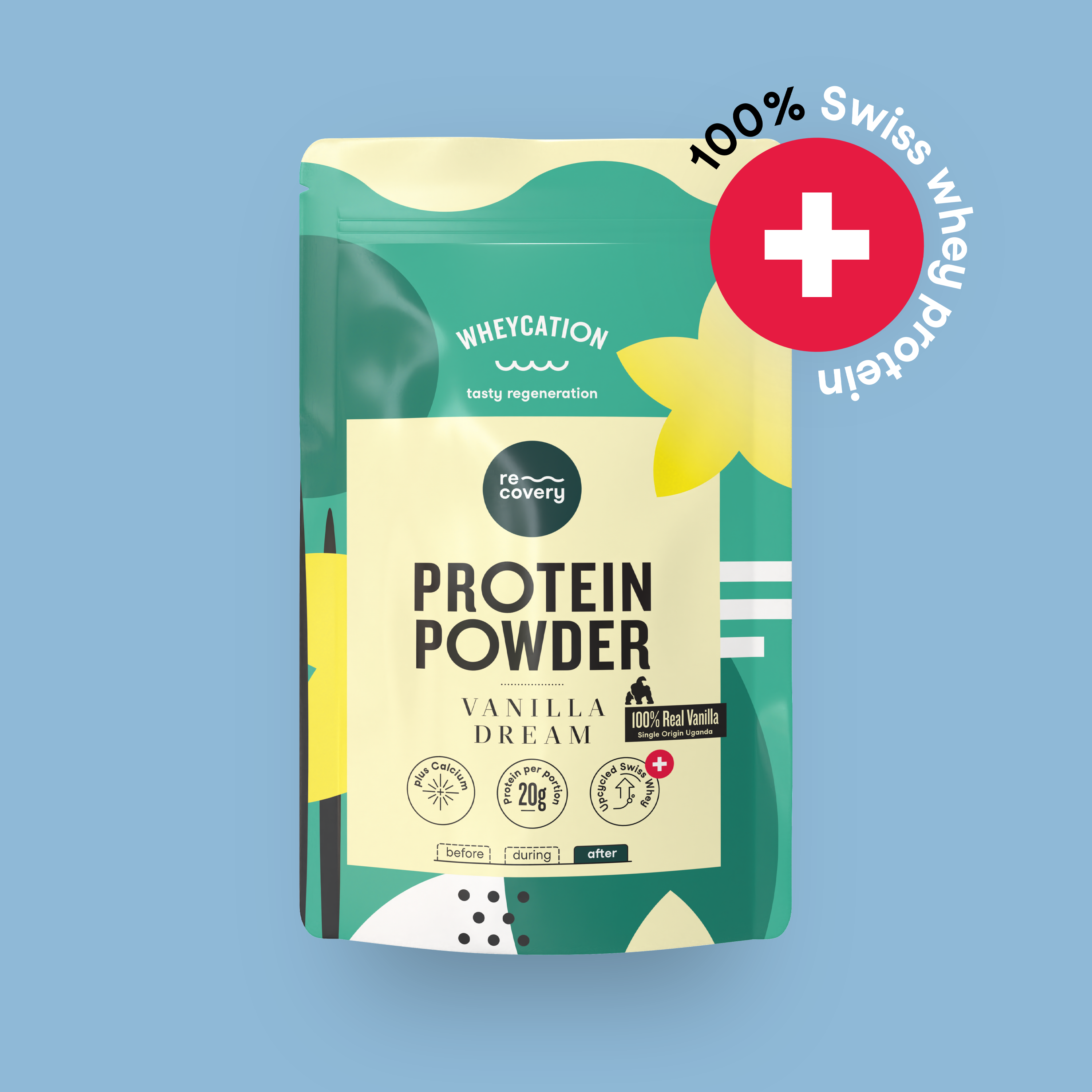

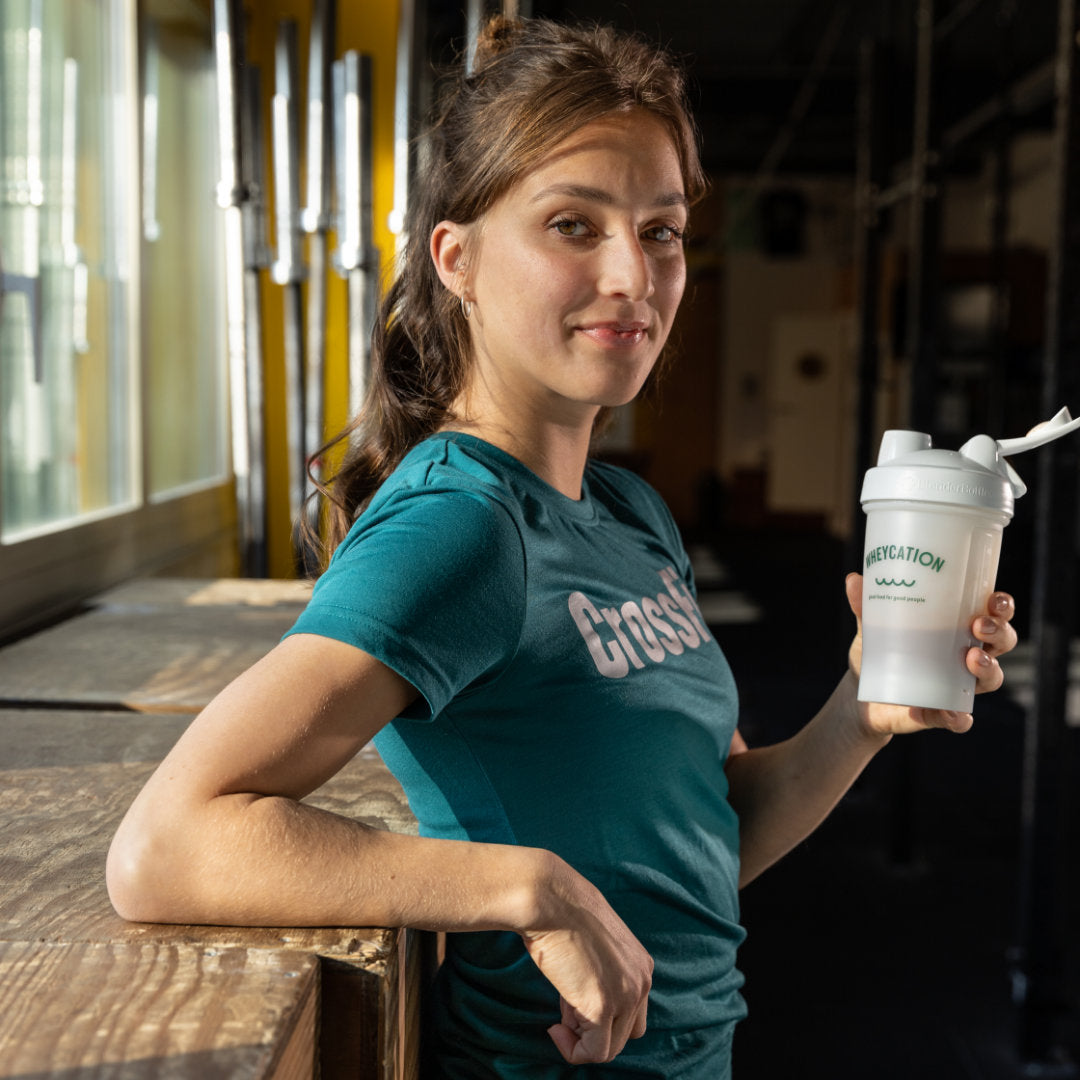
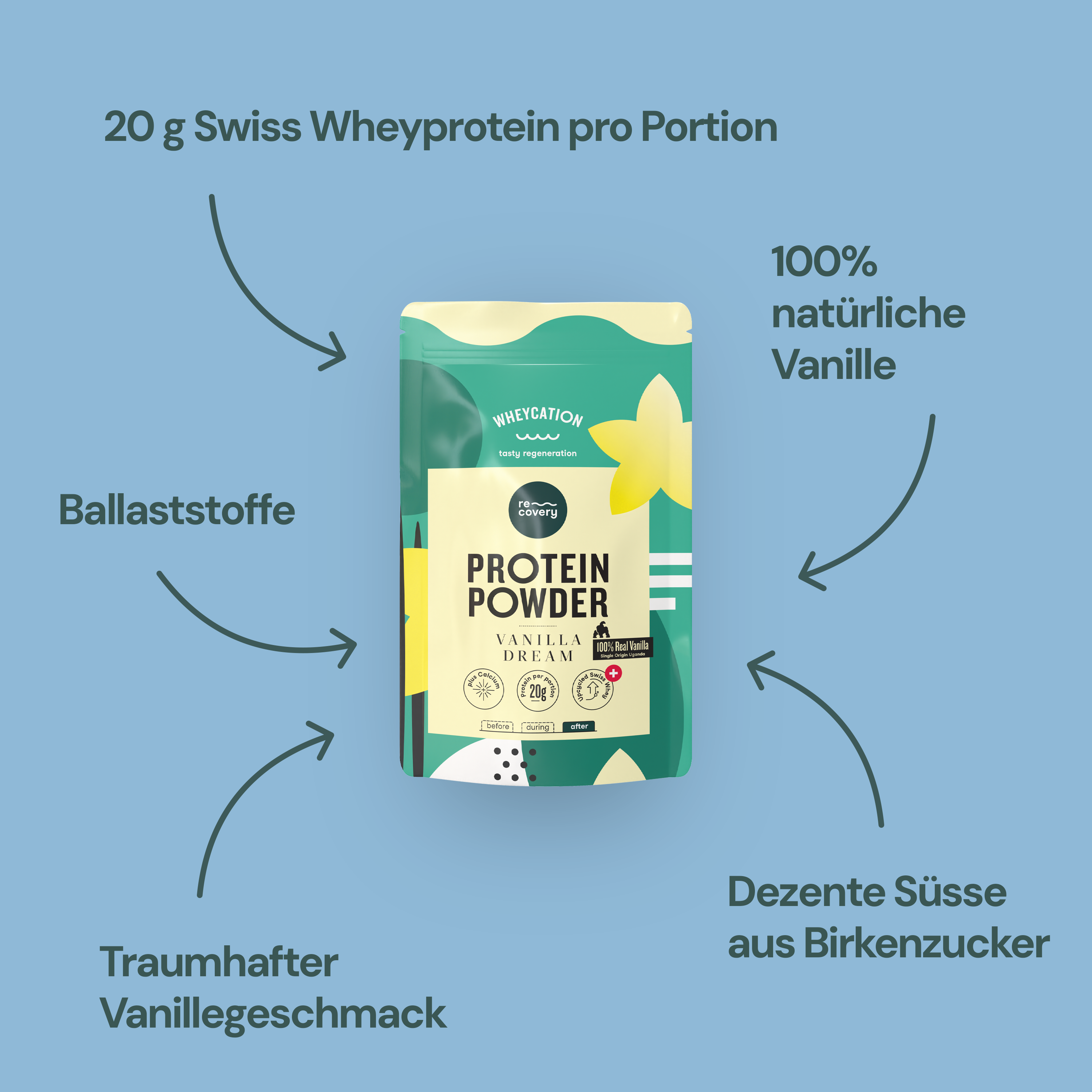
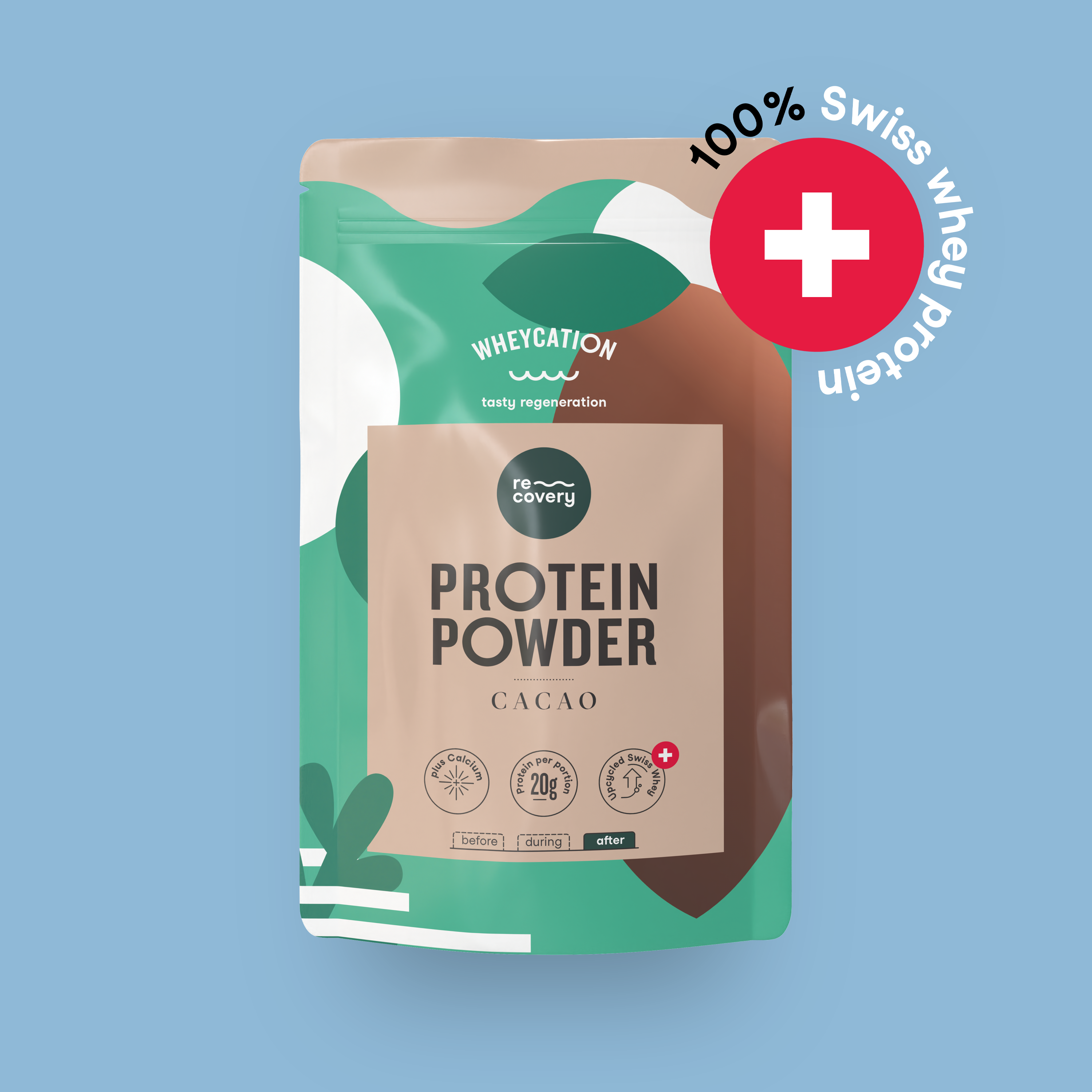

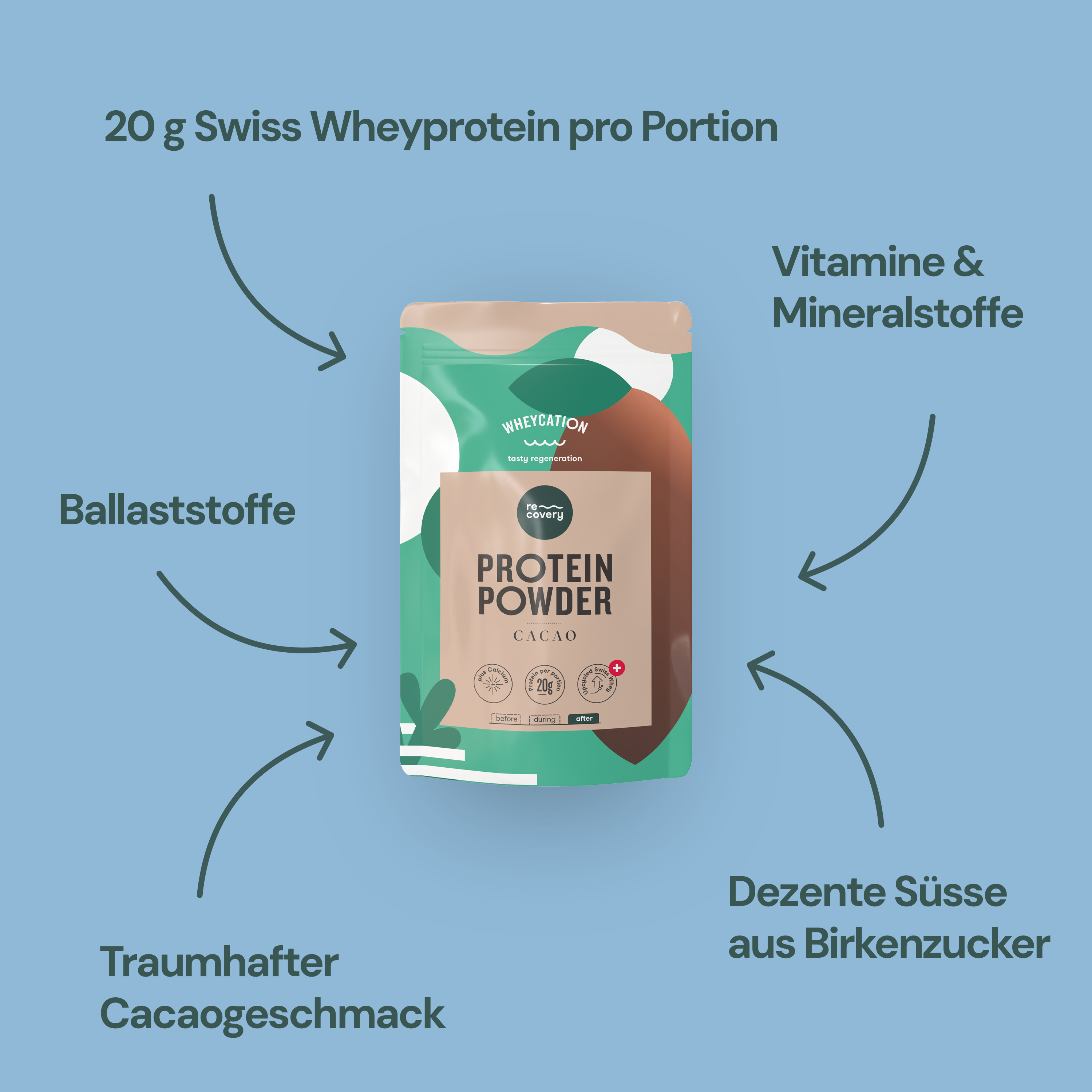
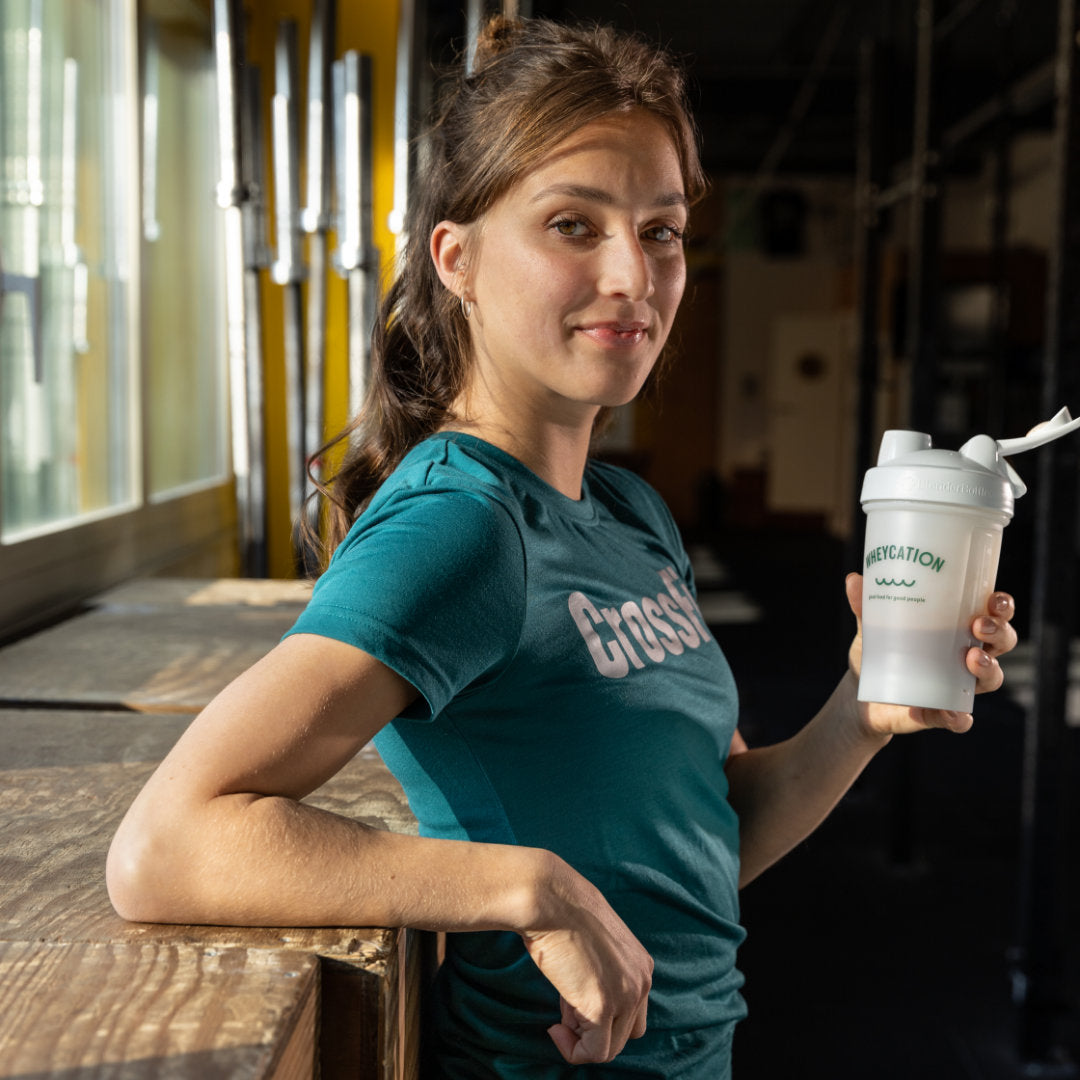
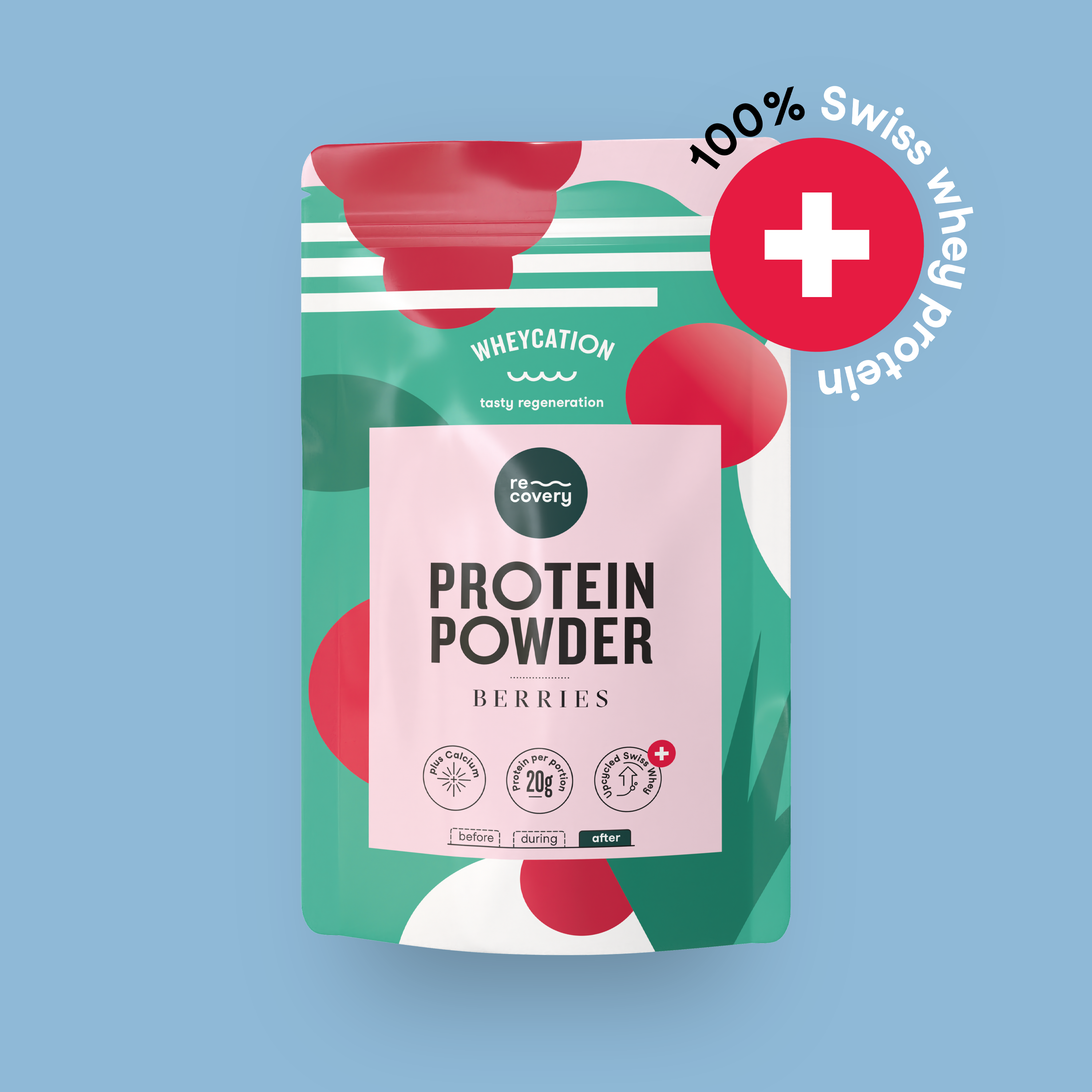
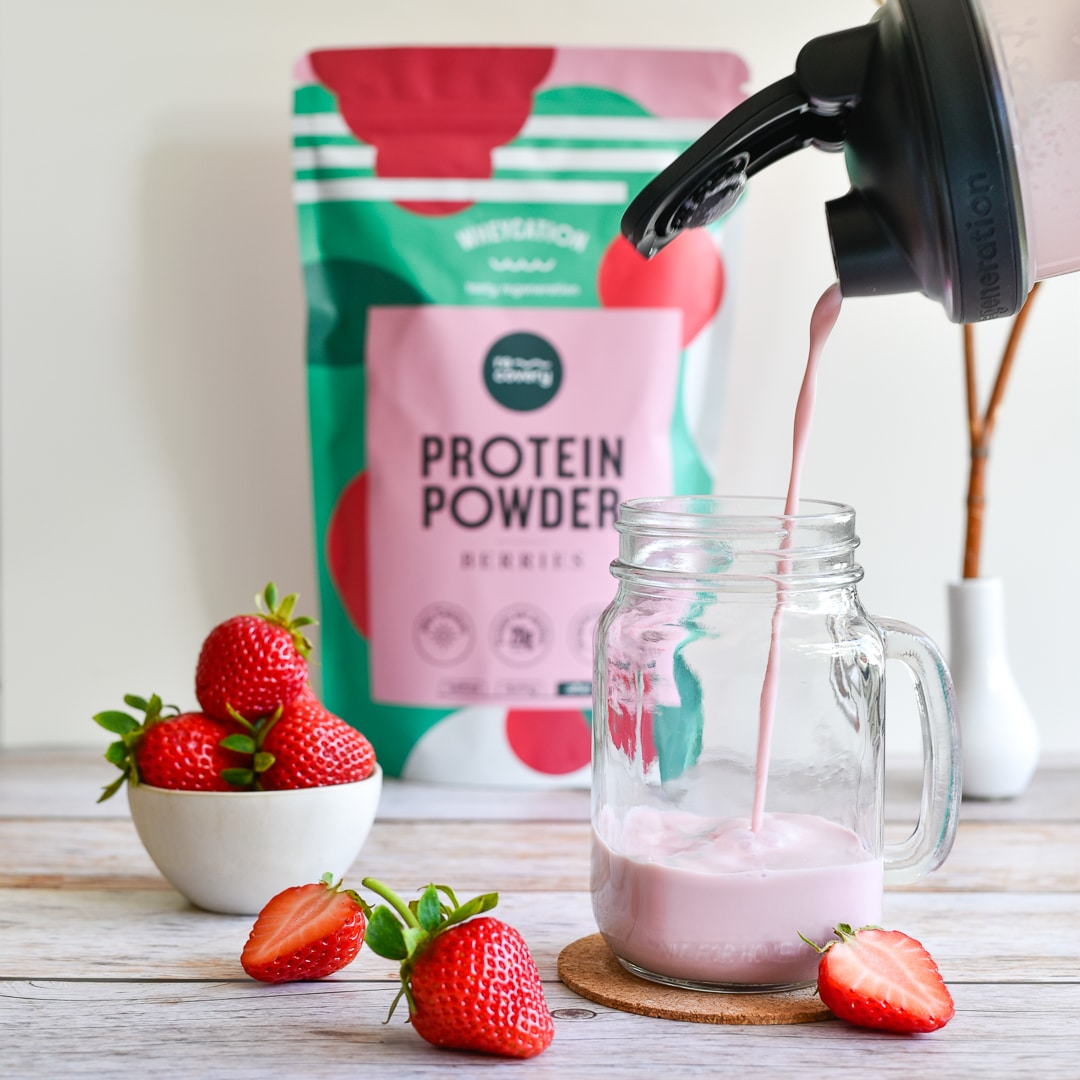

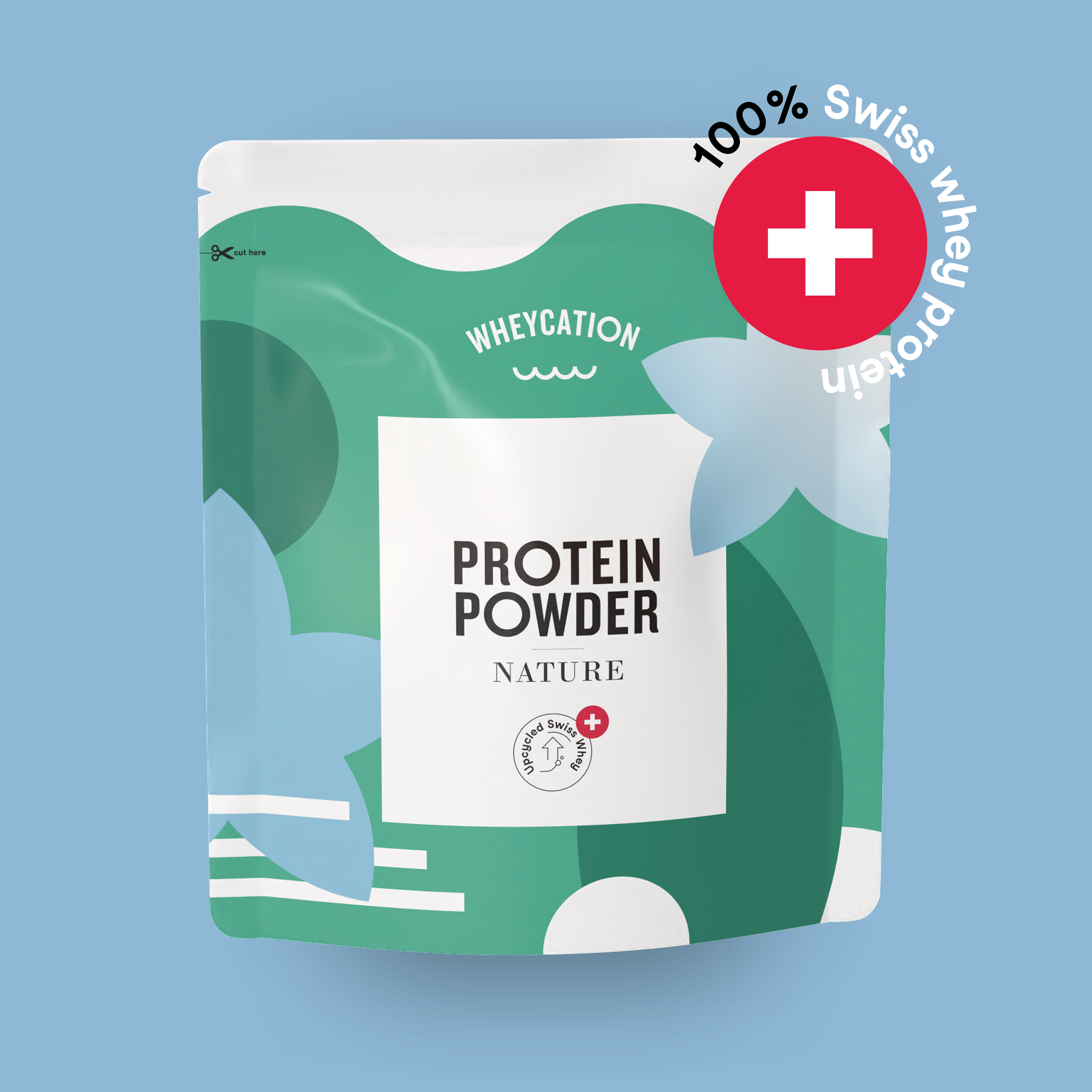
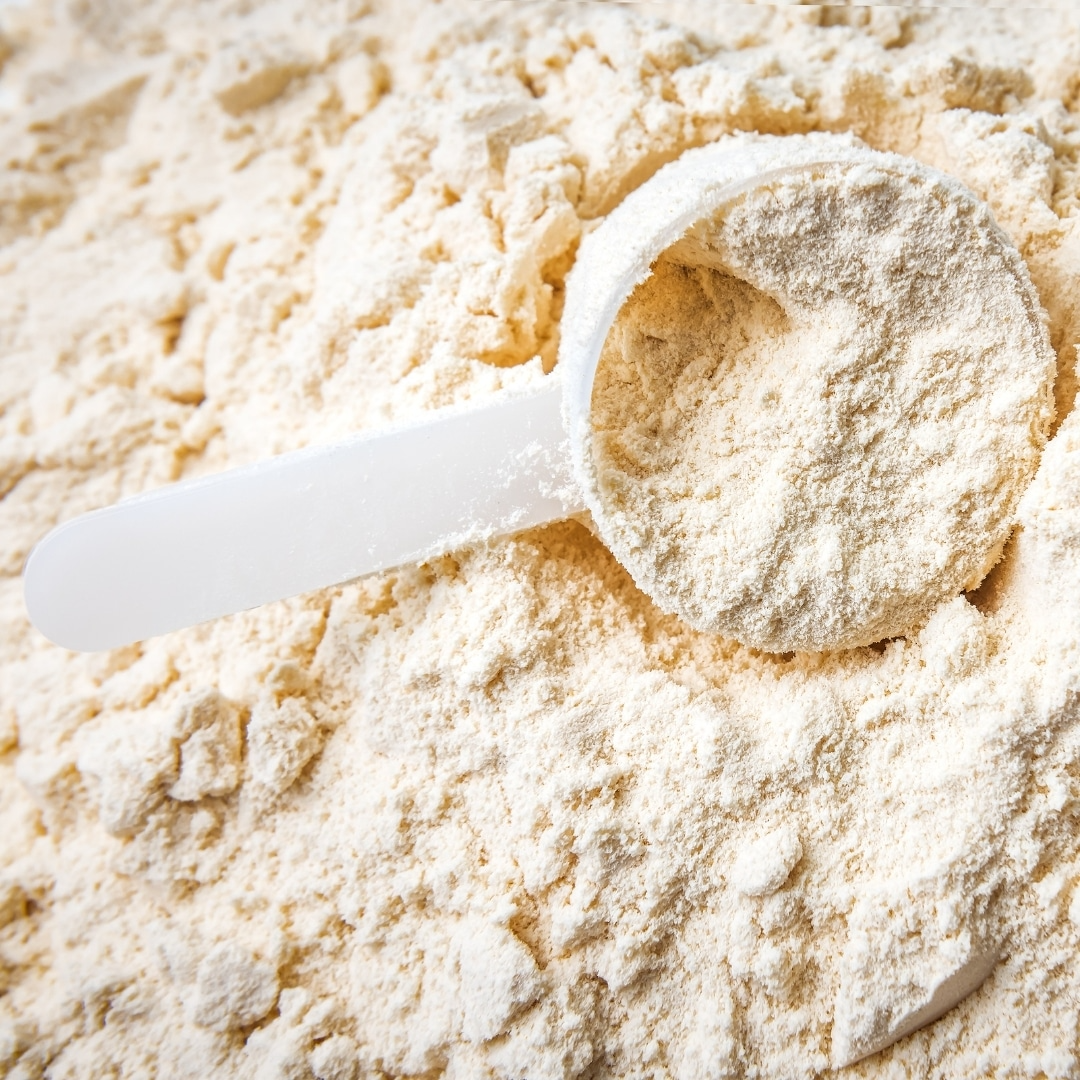
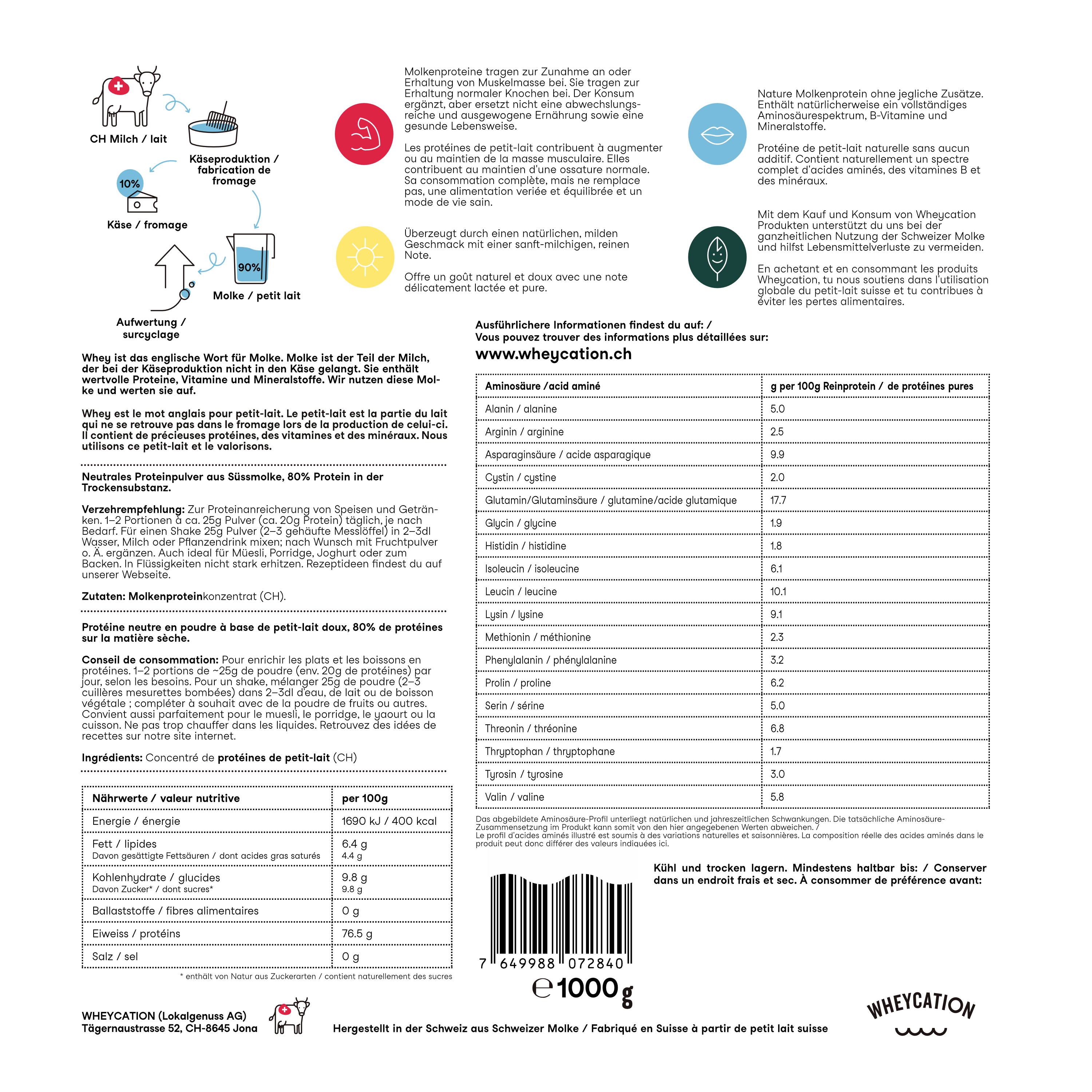
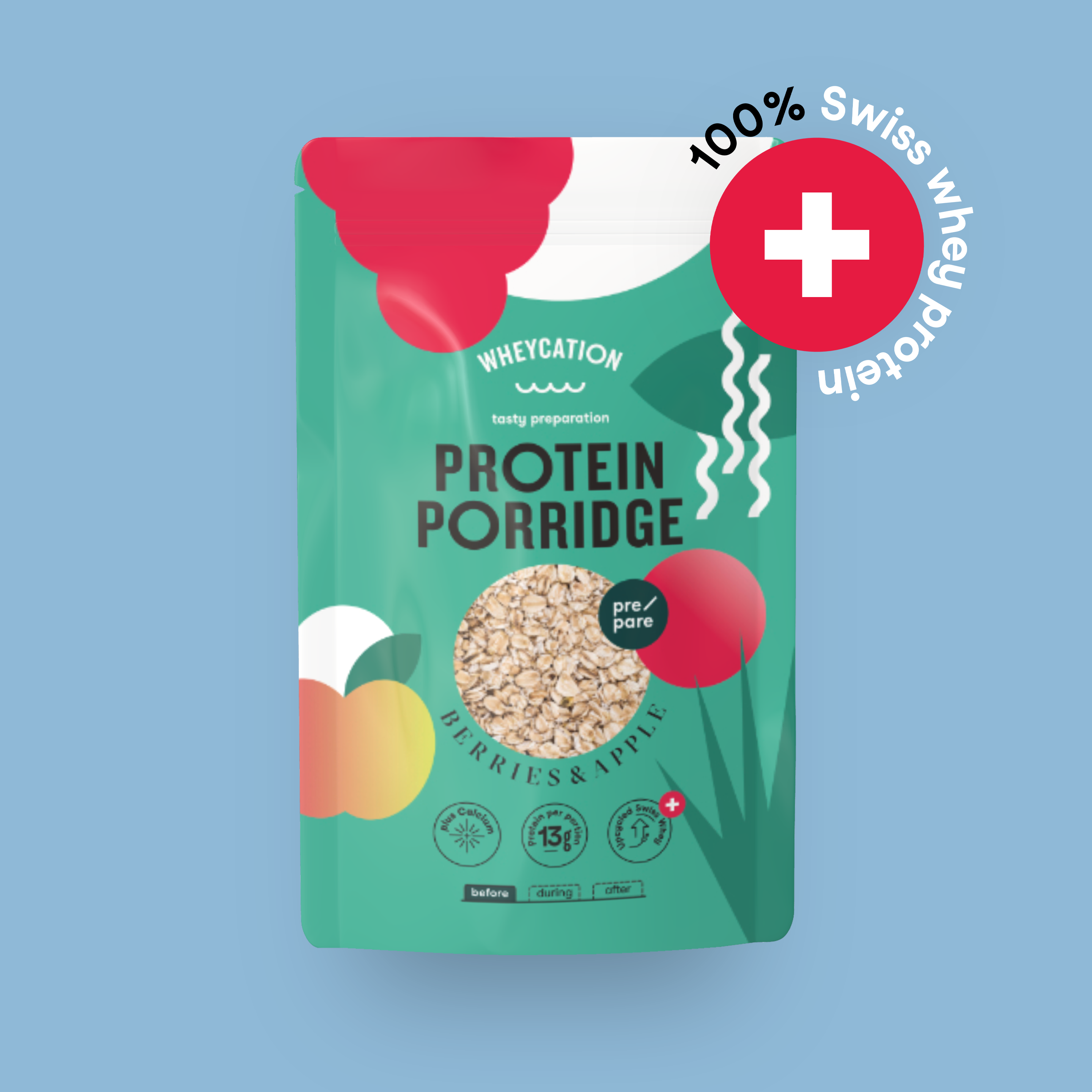


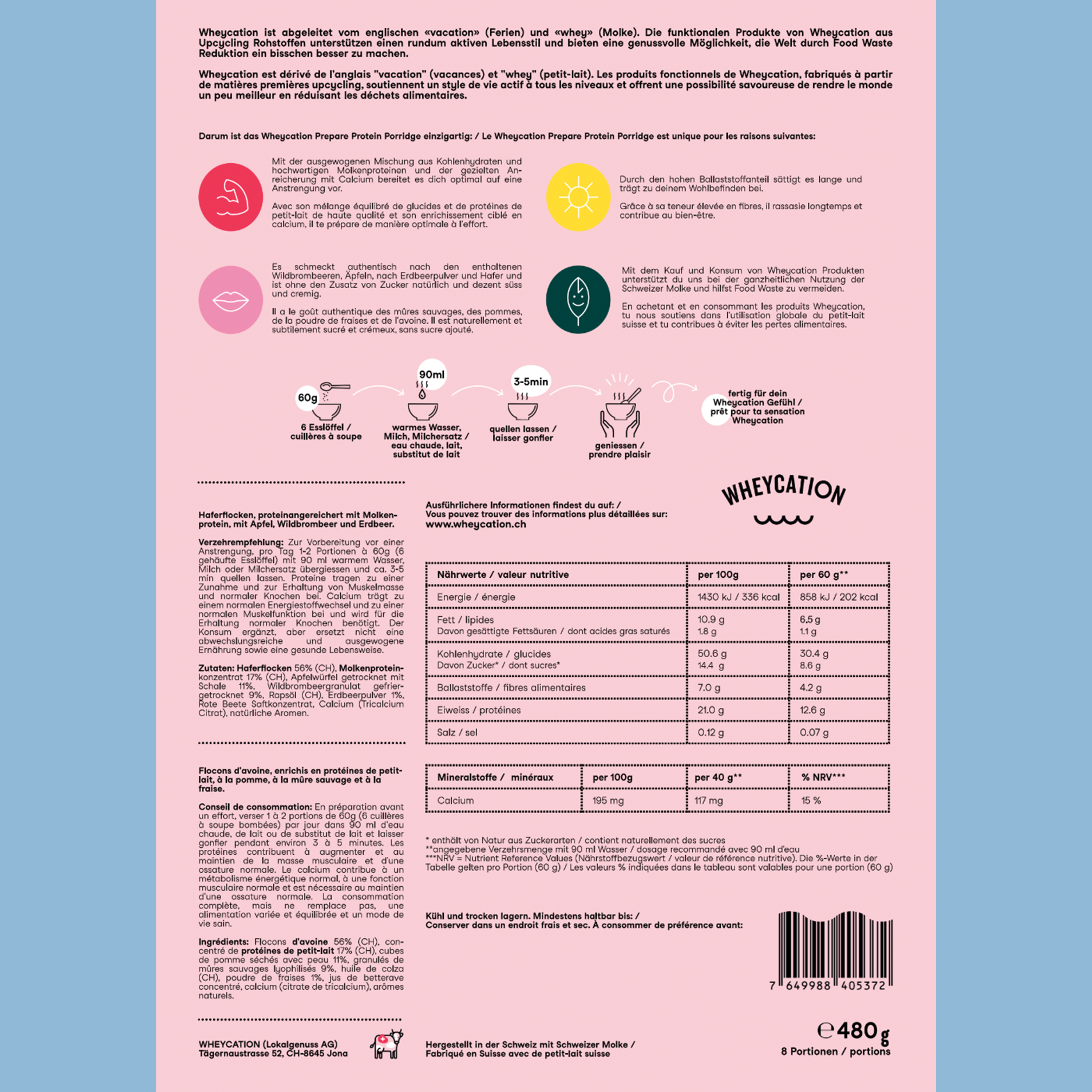
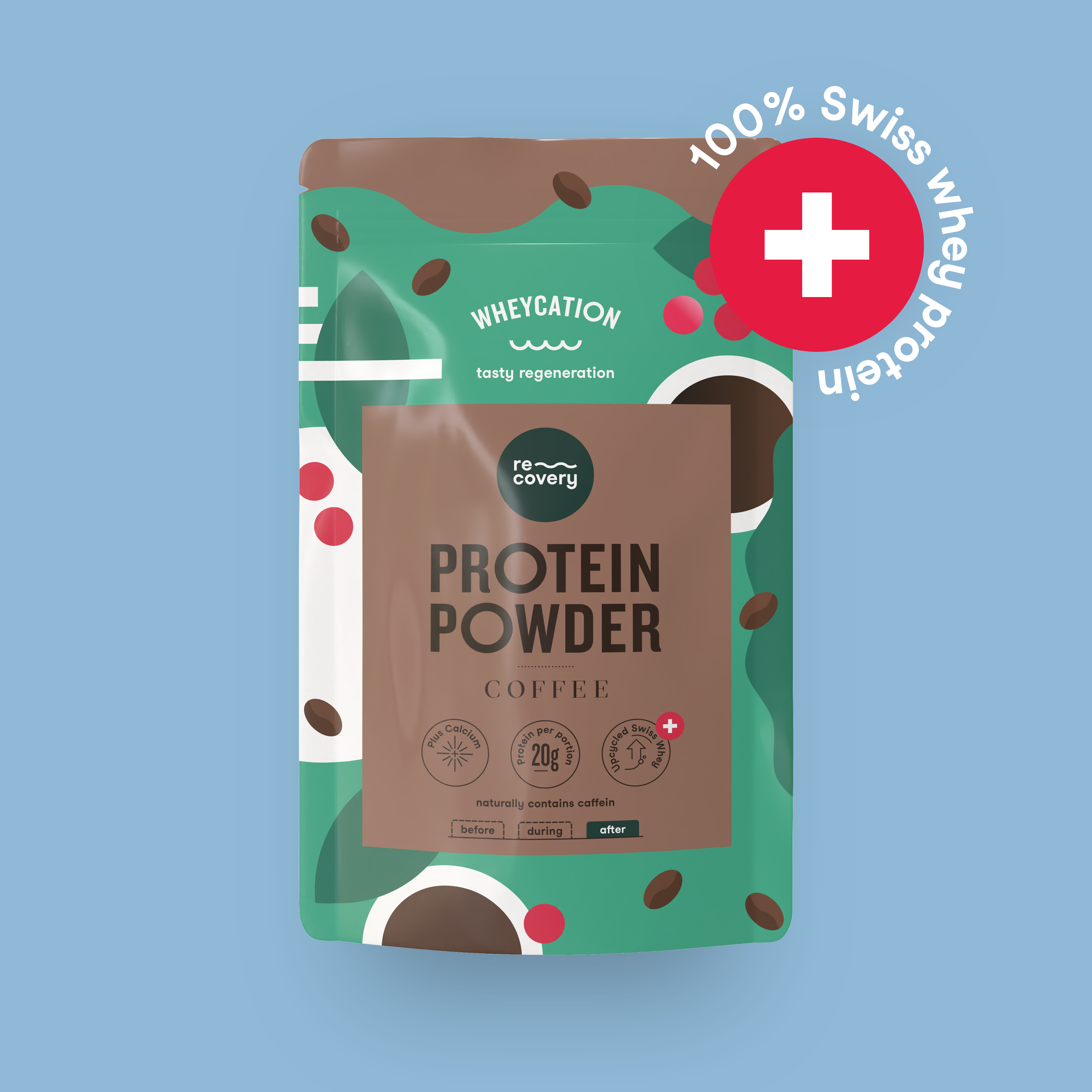
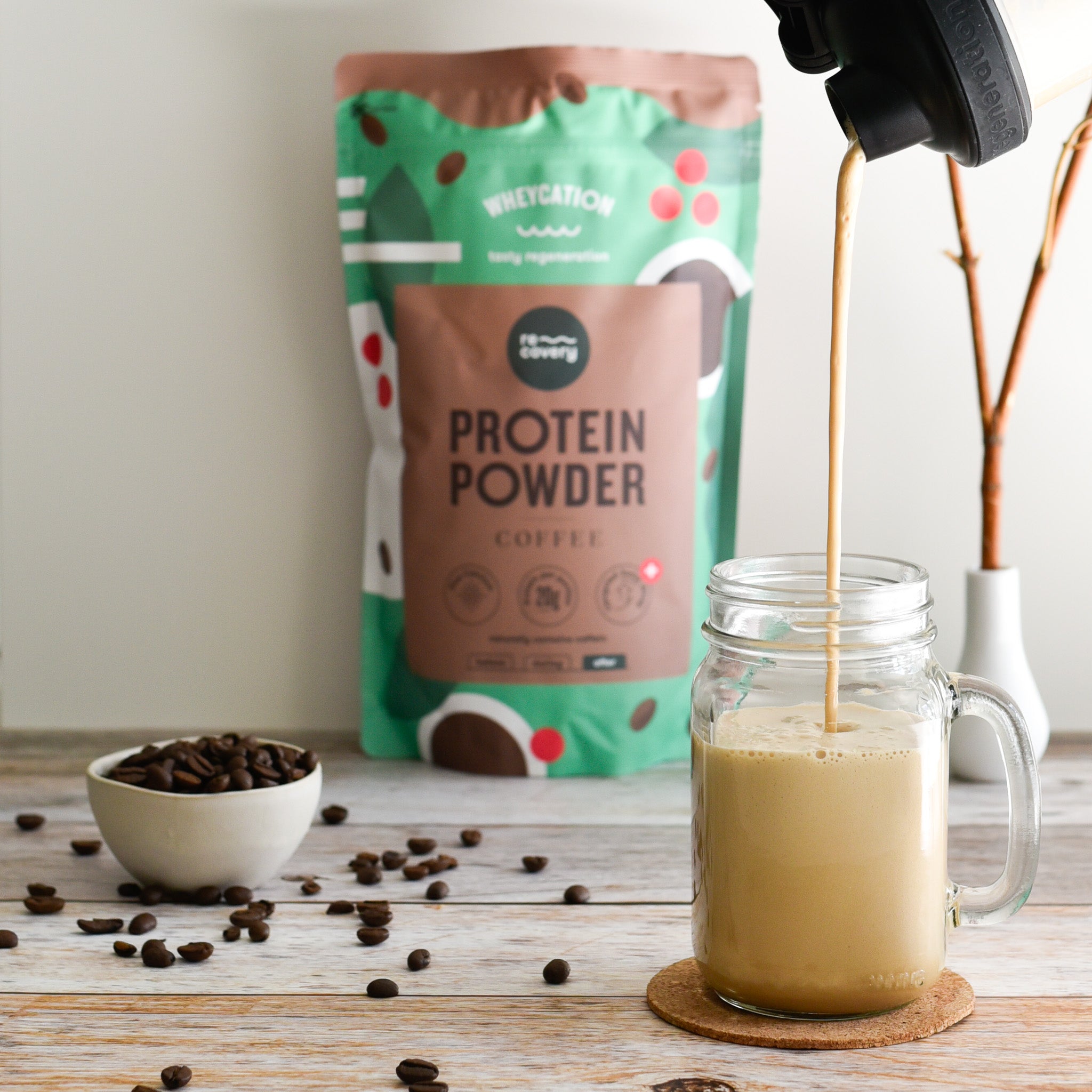




Split: